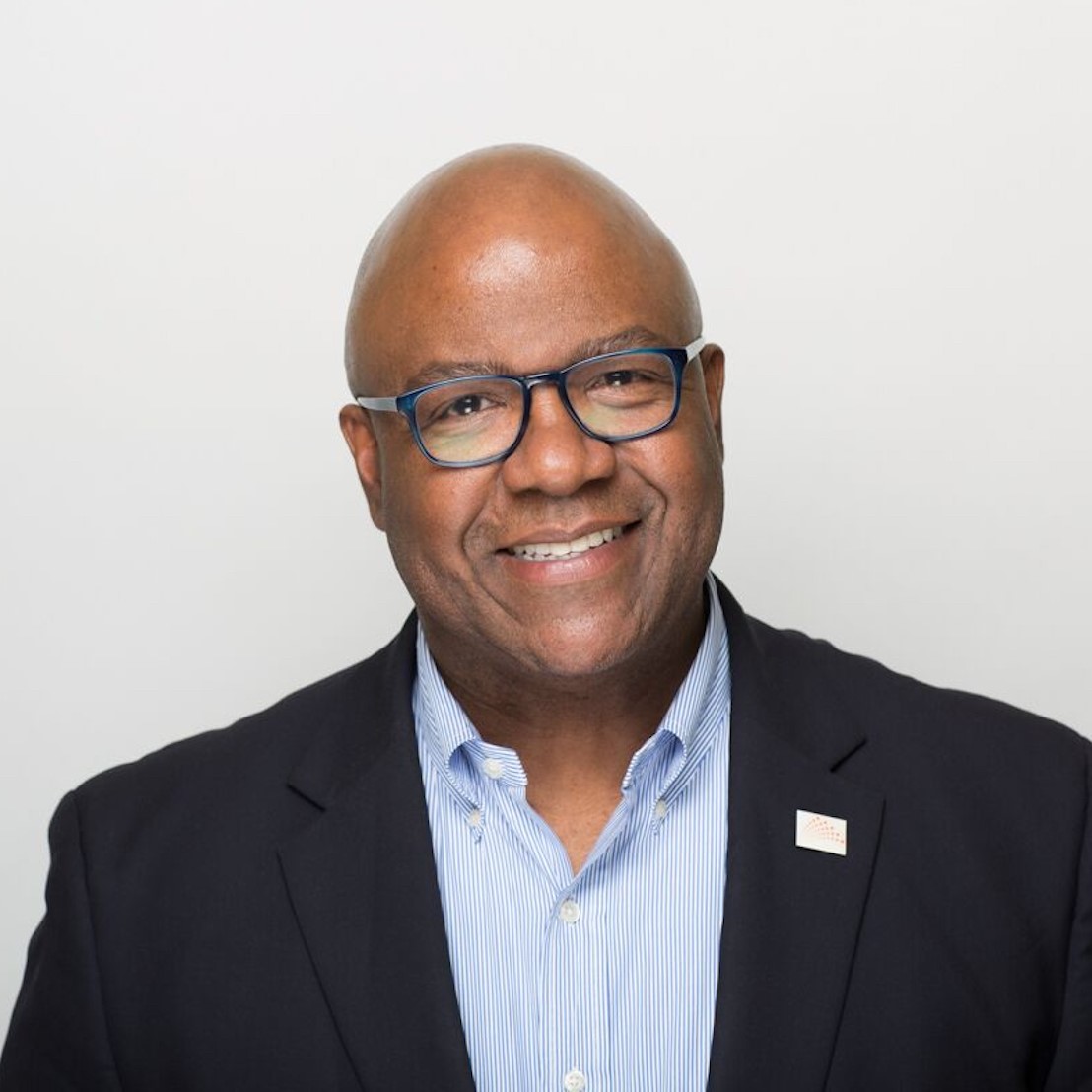By Sidney Hargro
Originally published in Independence Blue Cross Foundation's Journal of Change, Volume 10, Issue 1
In January 2020, we recorded the first confirmed case of COVID-19 in the United States, just as nonprofit organizations were kicking off the new year reflecting on the year-end fundraising efforts. By April, nonprofits either had their operations come to an abrupt halt or began experiencing an exponential surge in need for critical services to support communities.
It was abundantly clear that unprecedented measures by philanthropy, both private and public sectors, and individual givers would be needed and needed urgently. In the Greater Philadelphia region, more than 20 disaster-relief funds sprang up to address the needs, led by the PHL COVID Fund co-directed by the Philadelphia Foundation and the United Way of Greater Philadelphia and Southern New Jersey.
Over the next few months, we learned more about the depth and breadth of COVID-19’s impact on the nonprofit sector and the reach of early-stage philanthropic efforts. However, there is no question additional calls for philanthropy to step in and step up are needed to imagine the “next” normal and rebuild a more resilient and just region.
Here are four things philanthropy should consider.
1 | ADVOCACY FOR A MORE JUST PHILADELPHIA
Philanthropy should aspire to no longer be needed. Though critical to helping those most vulnerable, funding safety net social services alone will not achieve sustained social change. We must go farther upstream to identify solutions that dismantle the practices, policies, and systems that got us here in the first place, much of which is rooted in systemic racism and oppression.
The most significant social changes in our lifetime, such as those achieved by the civil rights movement and the marriage equality movements, were driven by advocacy groups. Things are no different today. Real change will require more sustained support of local and national advocacy organizations such as the 50 organizations that comprise the Movement for Black Lives.
2 | TRUST-BASED RELATIONSHIPS BETWEEN FUNDERS AND NONPROFITS
Funder-nonprofit meetings inevitably involve the power dynamics between the “one who has” and the “one who needs.” Even the use of words like “grantor” and “grantee” illuminate the power dynamics at play. If we genuinely want to create a better, more resilient region, foundations and philanthropists must become partners with nonprofits, share power and trust through flexible operating support, and ensure that this support will continue for multiple years. Find great organizations, trust them to do what they say, remove obstacles to funding like requirements regarding budget size, and support them for the full cost of doing their work.
3 | COMMUNITY ARTS AS NECESSITY, NOT LUXURY
Artists have played a crucial role since the beginning of our known existence. From documenting life in society to critiquing political, economic, and social systems, artists place a spotlight on our challenges while simultaneously helping us imagine a better future. In our region and worldwide, artists offer voice and agency to the unheard, celebrate culture, and improve the well-being and economic health of our communities. We must find ways not only to support artists but also to help them and community arts organizations thrive for our region’s good.
4 | ENGAGING COMMUNITY VOICES AND LIVED EXPERIENCE
Historically, social impact programming operated as if communities were only recipients and beneficiaries of activities. The protests we are experiencing in Philadelphia and across America predominantly represent the unheard voices of Black, indigenous, and people of color regarding the racial and social injustices experienced every day. We must value the ideas and expertise of the people. No strategy, plan, or program should operate without residents playing a role in designing, implementing, and evaluating the activities, especially in communities comprised predominantly of people of color. The design of the next “normal” must embrace the expertise of lived experience.
Sidney Hargro is presdient of Philanthropy Network Greater Philadelphia
@SidneyRHargro


